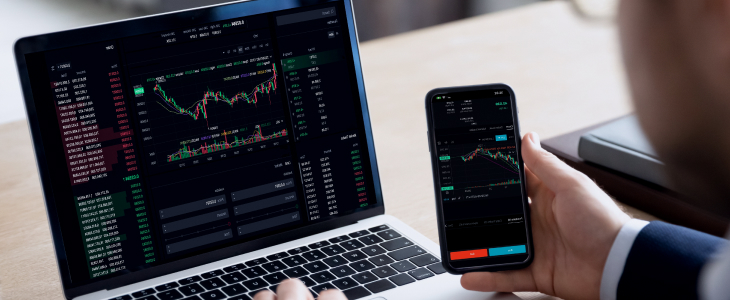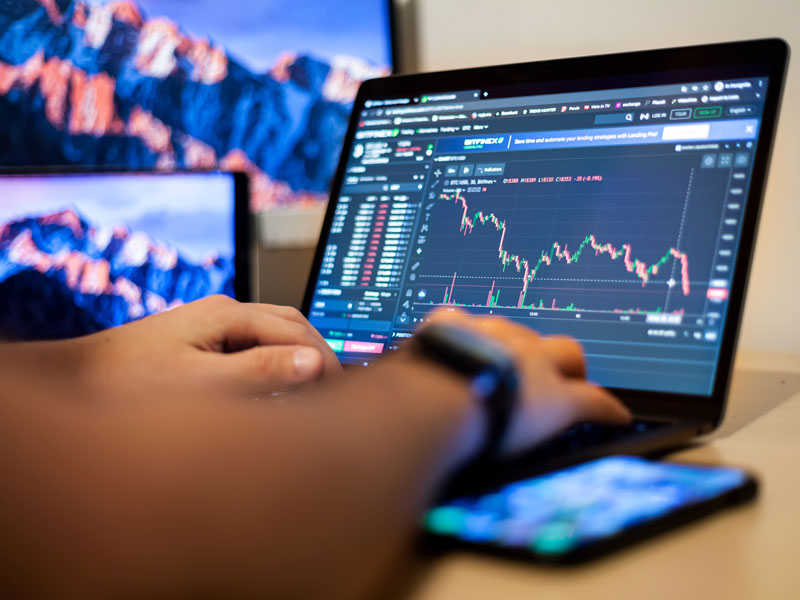
Understanding Forex Trading: Definition, Strategies, and Insights
Forex trading, or foreign exchange trading, refers to the process of buying and selling currencies in the foreign exchange market. The forex market is the largest and most liquid financial market in the world, with a daily trading volume exceeding $6 trillion. This immense volume of transactions occurs 24 hours a day, five days a week, enabling traders from various backgrounds to engage in forex trading at any time. The importance of forex trading stems from its role in facilitating international trade, investment, and economic stability across countries. For those seeking reliable platforms, consider the forex trading definition Best Platforms for Trading in the market today.
What is Forex Trading?
Forex trading involves the simultaneous buying of one currency and selling of another. Currencies are traded in pairs, denoted by exchange rates that indicate how much of one currency can be exchanged for another. For instance, in the currency pair EUR/USD, the Euro is the base currency, and the US Dollar is the quote currency. An exchange rate of 1.20 means that 1 Euro can be exchanged for 1.20 US Dollars.
How Does Forex Trading Work?
The forex market operates through a network of banks, financial institutions, and individual traders. Unlike stock markets, there is no central exchange for forex trading. Instead, transactions are conducted over-the-counter (OTC) through electronic trading platforms. Traders can access these platforms to execute trades, analyze market trends, and manage their investment portfolios.

Market Participants
The participants in the forex market can be categorized into several groups:
- Commercial Banks: These entities facilitate currency transactions for businesses and provide liquidity to the market.
- Central Banks: National banks that implement monetary policy and may intervene in the market to stabilize or devalue their currency.
- Financial Institutions: Hedge funds, investment firms, and other organizations trading on behalf of clients or for speculative purposes.
- Retail Traders: Individual traders who participate in forex trading through online platforms to capitalize on price fluctuations.
Why Participate in Forex Trading?
Forex trading offers several advantages that attract a diverse range of participants:
- High Liquidity: The vast size of the forex market ensures that traders can buy or sell currencies quickly and easily without much price distortion.
- 24/5 Accessibility: The forex market operates continuously from Sunday evening to Friday evening, allowing traders to engage in trading at their convenience.
- Leverage: Many brokers offer leverage, enabling traders to control larger positions with a smaller amount of capital, thereby maximizing potential returns.
- Variety of Trading Opportunities: Currency pairs are affected by economic news, geopolitical events, and market sentiment, providing multiple opportunities for profit.
Forex Trading Strategies

Successful forex trading often involves the development and implementation of effective strategies. Here are some popular strategies:
- Scalping: A short-term strategy aimed at making small profits from numerous trades within a short timeframe.
- Day Trading: Involves opening and closing positions within the same trading day to capitalize on intraday price movements.
- Swing Trading: A medium-term strategy that focuses on capturing price fluctuations over several days or weeks.
- Position Trading: A long-term strategy where traders hold positions for months or even years based on fundamental analysis.
Risks Associated with Forex Trading
While forex trading holds potential for profit, it also involves inherent risks. Traders must be aware of the following:
- Market Volatility: Currency prices can fluctuate significantly in a short period, which may result in substantial losses.
- Leverage Risks: While leverage can amplify profits, it can also magnify losses, leading to margin calls and significant capital erosion.
- Emotional Decision-Making: The psychological aspect of trading can lead to impulsive decisions based on fear or greed, impacting overall performance.
Conclusion
Forex trading represents a dynamic and complex global market that requires knowledge, practice, and strategic thinking. Understanding the definitions, mechanisms, and risks associated with forex trading is crucial for anyone looking to navigate this vast financial landscape. As the forex market continues to evolve, staying informed and developing a solid trading plan will be essential for success in achieving trading goals.



评论0